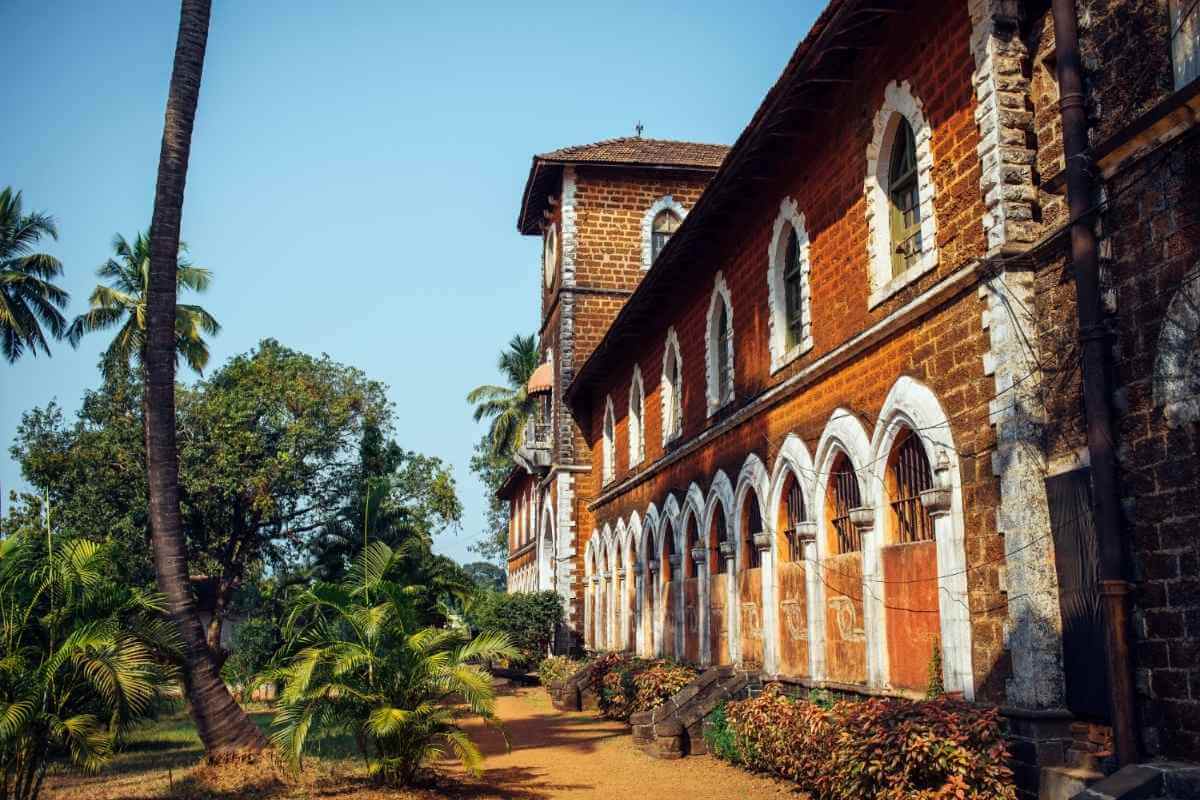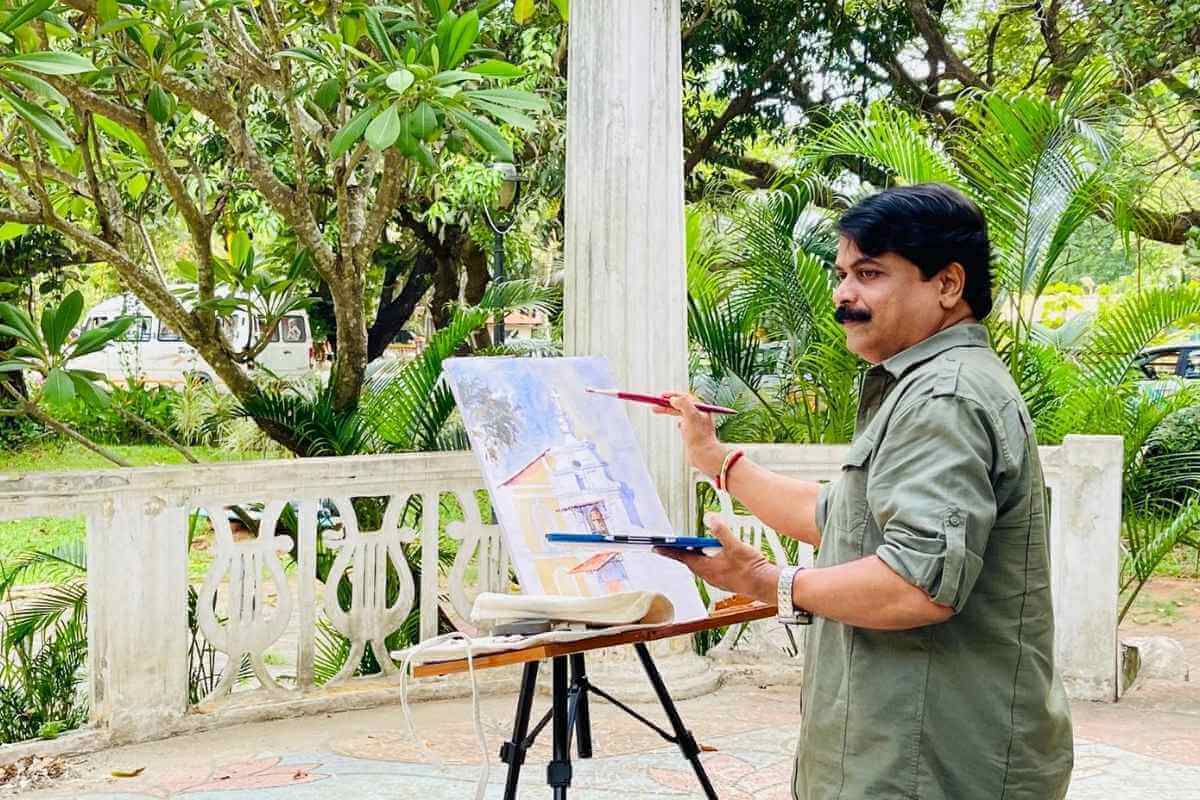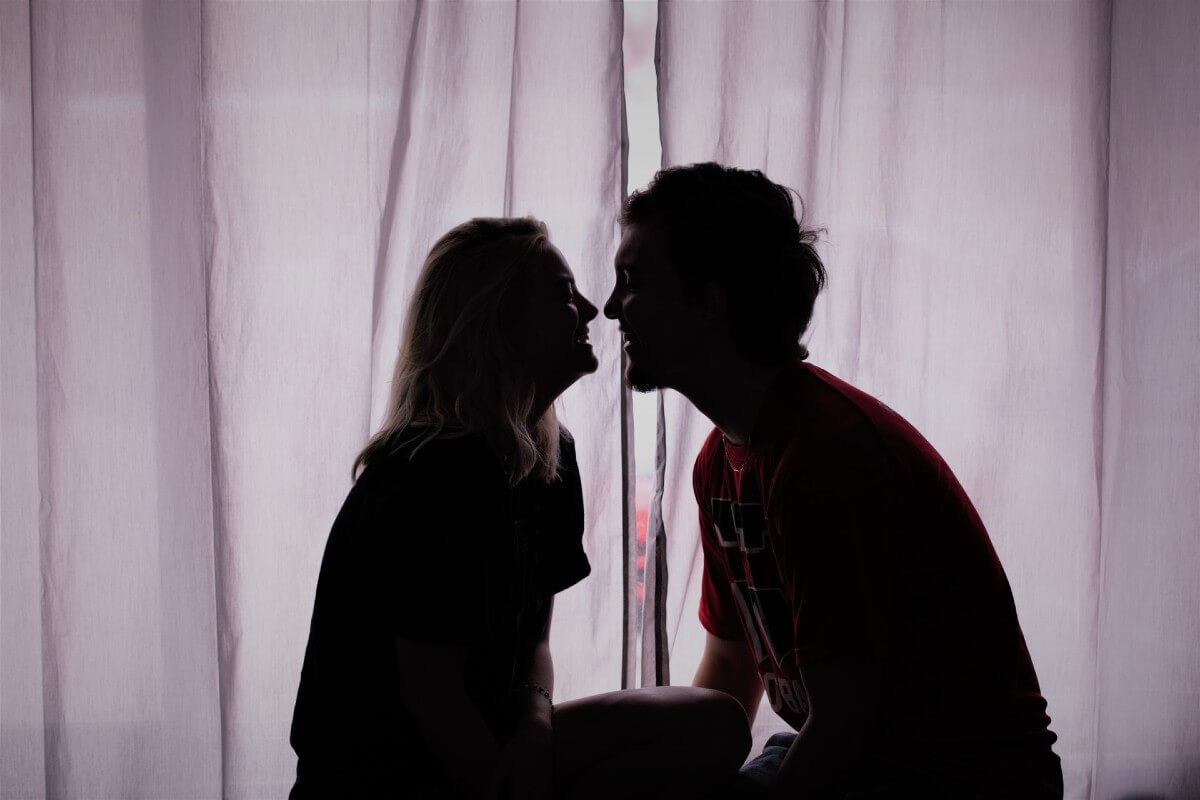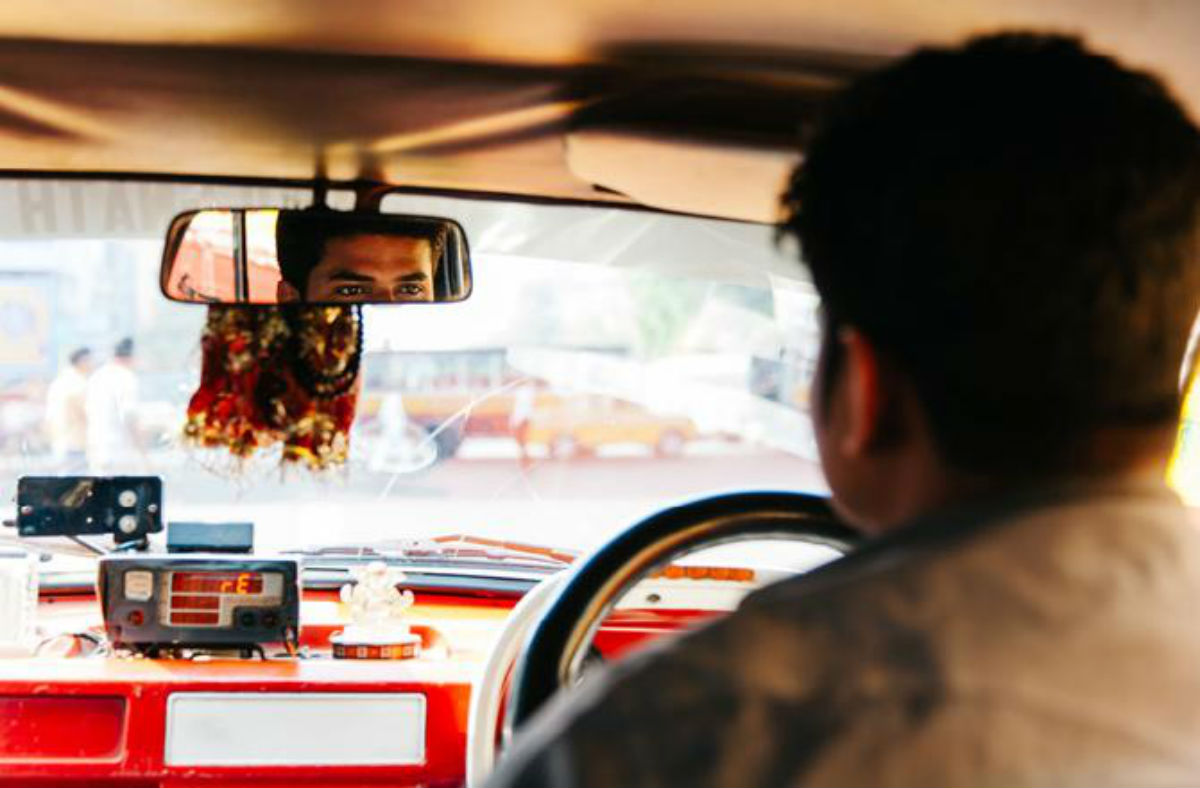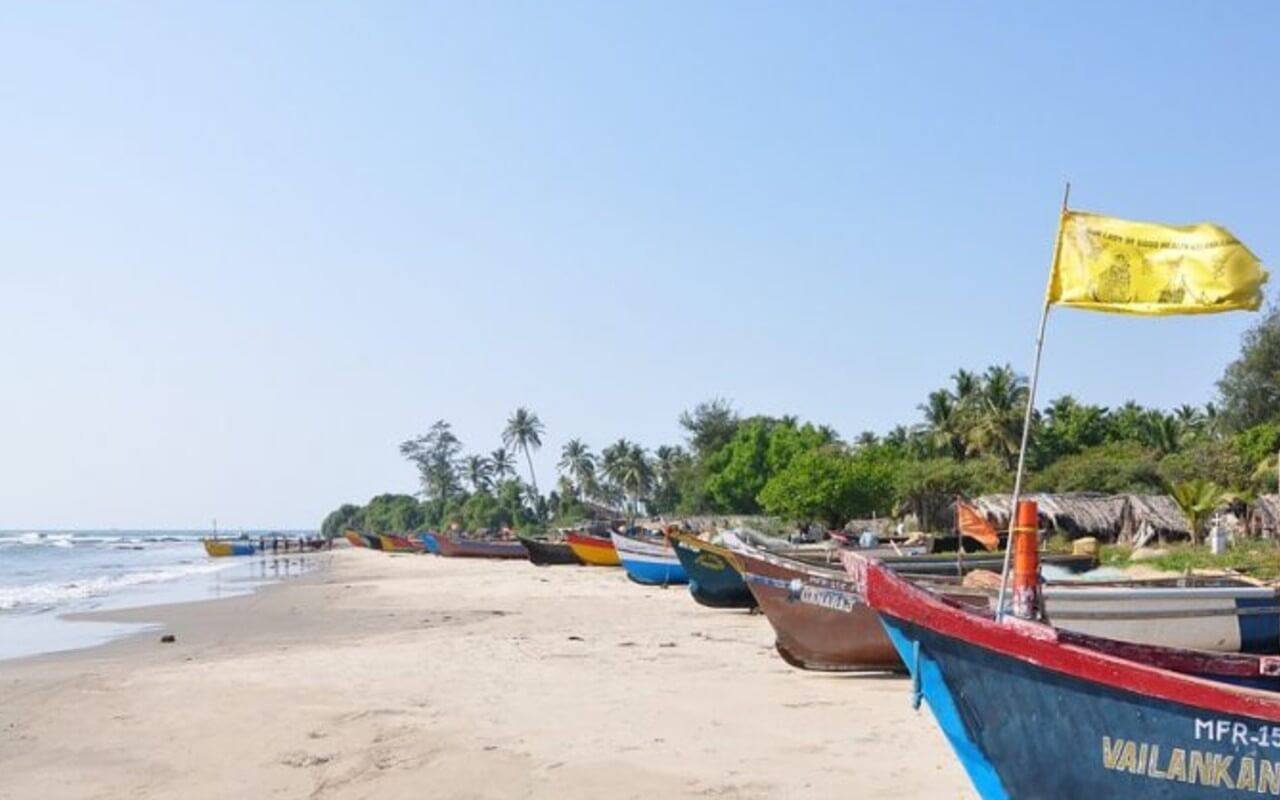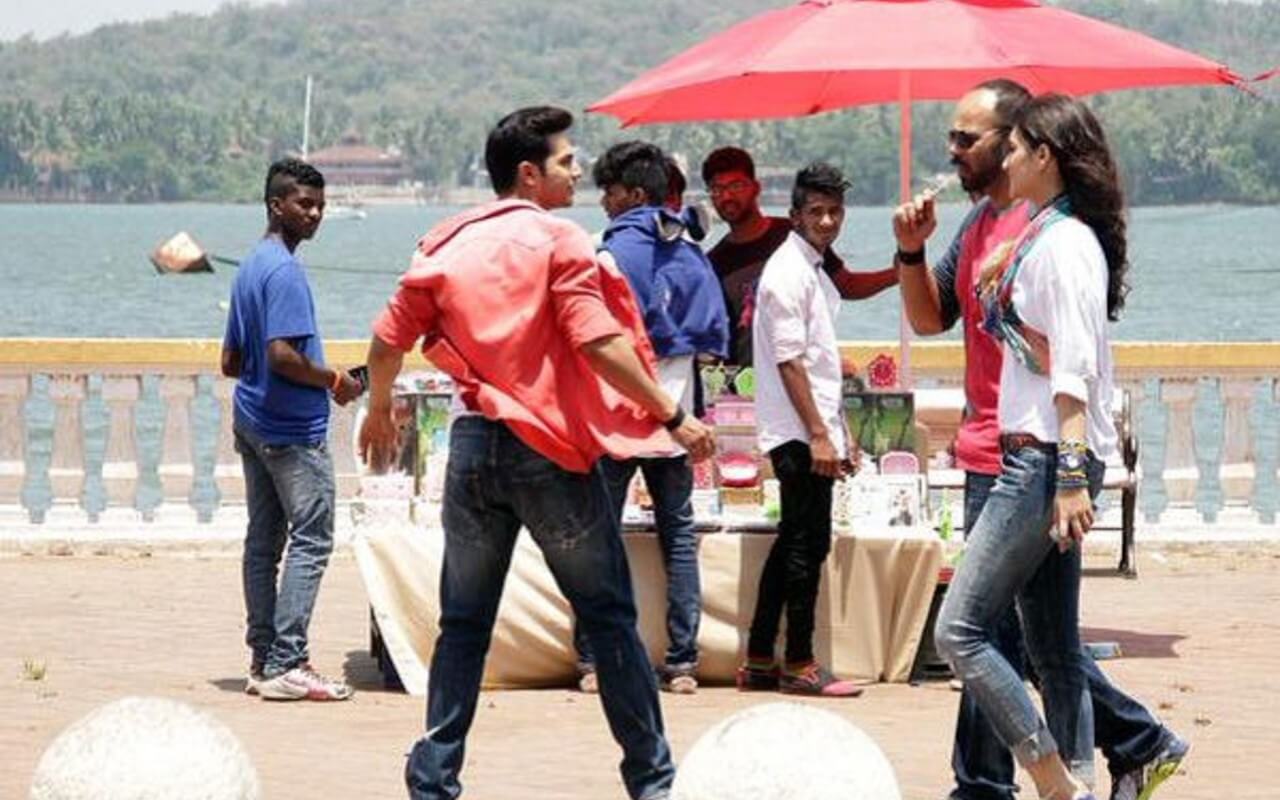Goans living in Pakistan have, until now, been able to come to Goa without issue. However, due to Government policy changes, it’s becoming difficult for them to get visas to get into India. It may also be due to strained relations with Pakistan. They don’t even know when things might become easier so that they can visit their kin in Goa.
Migration of Goans to Pakistan
According to a report, the migration of Goans to Pakistan began in the year 1820. The Portuguese invasion of Goa goes back into the 15th century but the real transition of Goans (of Portuguese-Hindu pedigree) from one place to another, i.e. from Goa to Bombay, to Karachi, to Africa and other continents started sometime in 1820. When the British eyed Karachi as a future city of trade, commerce, leisure and strategy, and with Charles Napier occupying Sind, the advent of Goans in Karachi (Kurrachee) had begun. They came in dhows and anchored at the threshold of the city’s two ‘gates’ – Kharadar (Salty Door) and Mithadar (Sweet Door), and by 1947 more than 15000 Goans were living in Karachi. The partition divided India but Goa was under the reign of Portuguese which Indians invaded in the year 1961.

The migration did not separate Goans from their motherland and they always remained close to Goa. According to reports, Goans in Pakistan own more than 100 crore rupees worth of properties in Goa and those properties are known as Enemy Property. According to sources, the Union Home Ministry has identified such 263 Enemy Properties in the state and most of them are situated in north Goa.
In time things started becoming more complicated for the Pakistani Goans and unlike the Goans in Portugal or other countries in the world, Pakistani Goans were denied visas to India and their properties in the state are on the verge of being taken over by Indian Government.
What is Enemy Property?
On September 11, 1965, the central Government notified that all immovable properties in India belonging to, or held, or managed on behalf of Pakistani nationals were to be treated as enemy properties and that control over them was to be vested in the custodian of enemy property.
Matters relating to the enemy property are dealt with under the Enemy Property Act, 1968 and Enemy Property Rules, 2015. These cases involving enemy properties are dealt with under the Enemy Property (amendment and validation) Ordinance promulgated by the President of India on January 7, 2016.
The term enemy property became more popular in the state of Goa following the release of a Konkani film with a similar title. According to reports, the enemy properties are the ones whose survey numbers are registered in the name of Goans who had migrated to Pakistan and taken up Pakistani citizenship. Most of the Enemy Properties are situated in north Goa.

In the year 1954, around 30,000 Goans had migrated to Pakistan out of which 10,000 Goans decided to become Pakistani nationals.. During that period neither Pakistan was an enemy of India nor was Goa liberated from Portuguese rule. India declared Pakistan as an Enemy nation in the year 1965 and subsequently, all the properties that belonged to Goans automatically became the Enemy Property.
The Rise of Goans in Pakistan
Goans have always wanted to come back to visit home. Goans in Pakistan have attained a high level of monetary and social success within a very short time and the credit goes to their level of literacy and modernization.
Goans who had migrated to Pakistan became rich in a very short span of time with the help of Real Estate Business. Their children and grandchildren pushed their limits by acquiring senior positions in the civil service and judiciary. It is interesting to note the dynamic founder of the Cricket Club of India, the Board of Control for Cricket in India, and the Asian Games was a Karachi Goan Anthony de Mello, who graduated from Cambridge University.
At Jinnah’s request, Frank D’Souza set up Pakistan Railways. Tolentino Fonseca wrote the musical score for Pakistan’s national anthem. Sydney Pereira was chairman of Pakistan’s Atomic Energy Commission. Joseph D’Mello was chairman of Pakistan’s Railway Board. Even the great littérateur and Konkani protagonist Shenoi Goembab spent some years working in Karachi, before moving over to colonial Bombay.
The Current Scenario
A recent article which was published on the Portal shared the current situation of Pakistani Goans. It’s not only the Goans living in Pakistan but the ones who had been born in Pakistan, regardless of their present nationality, who are not allowed entry into India. A 21-Year-old who was born in Pakistan in the year 1998 and subsequently migrated to Australia with his mother and now is an Australian national, was not given a visa to India by the Home Department due to ‘security reasons’.
A well-known Pakistani Goa,n Cyril Almeida who works for the Dawn newspaper as Assistant Editor and has made global headlines for reporting about behind-the-scenes struggles between military and civilian authorities, had managed to visit Goa thrice in the past but the news of 21-year-old Marco Monteiro having been denied a visa to India, came as a shock to media.

A report published in the local daily Heraldo, a Pakistani Goan businessman, Peter Mendes who lives in Karachi had been visiting his home in Goa quite often in the past said “It is only in the past two years that we have been facing problems with the visas. Before that, there was no problem. Only the present government is making it difficult. I have been getting groups of sometimes, 400 people, for religious tours to Goa since 1996-1997 and I never had problems in the past. There are nearly 20,000 Karachi Goans and the number has gone down over the years as many have migrated to countries like Australia, Canada, the USA, etc. However, the Indian Government doesn’t make things easy for Pakistani citizens. Many are facing problems with their properties.”
The Conclusion
The story does not end here: there were many such cases in the past and will remain well into the future unless the Government changes its foreign policies as far as Pakistan is concerned. The young Pakistani Goans like Sabreen Mahmud and Bilal Tanweer cannot cross the border to visit Goa to experience a side of India they can immediately, culturally relate to. Partition and its corrosive effects are still being felt and still spreads.
Image Credit: Frederick Noronha



